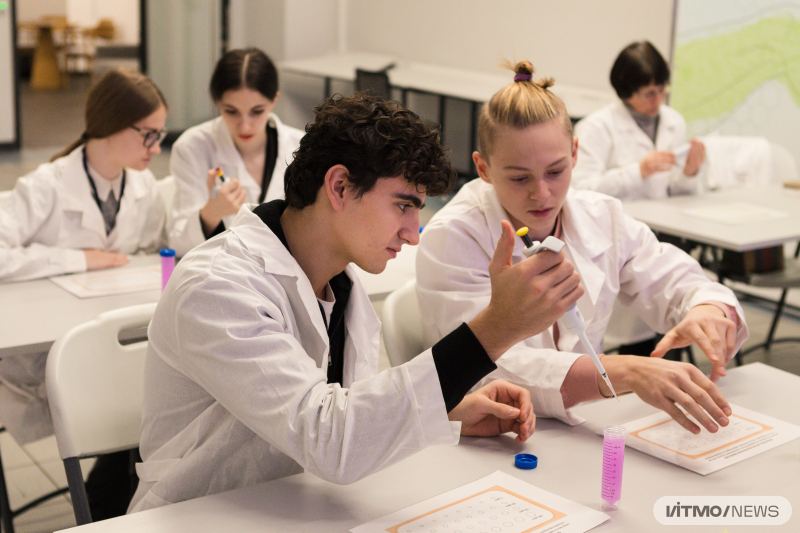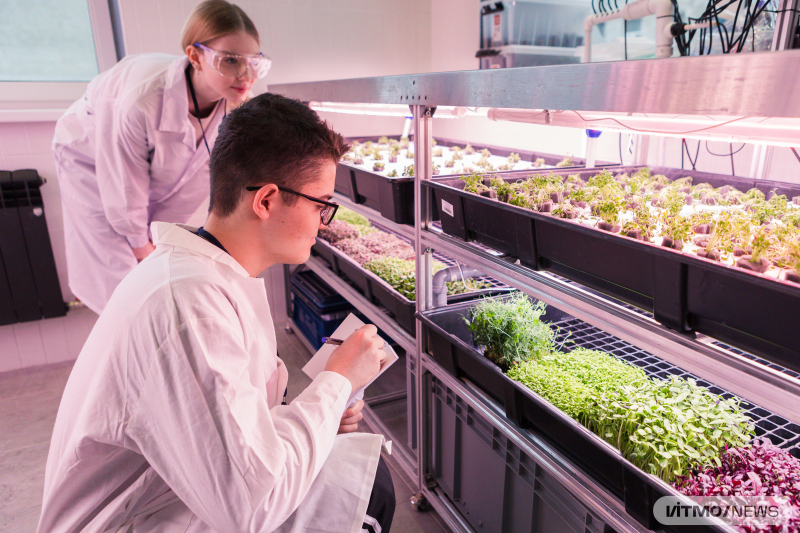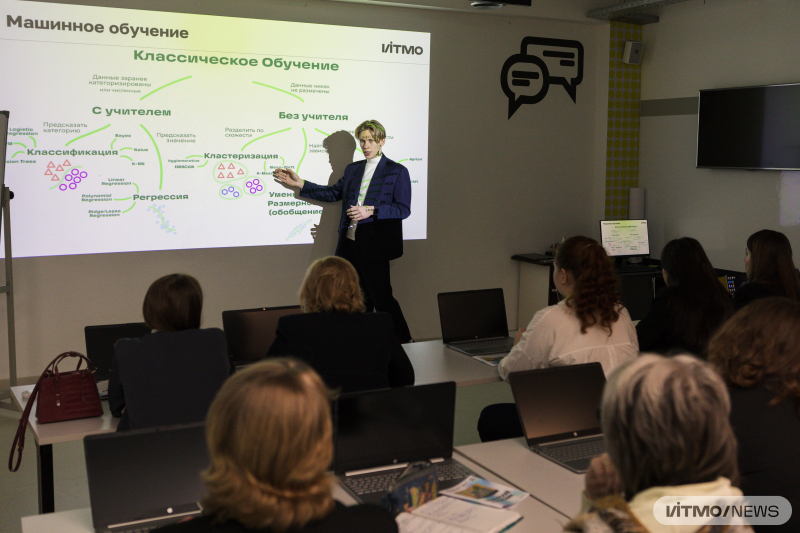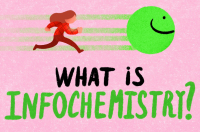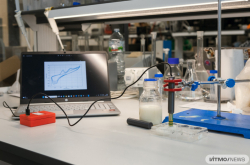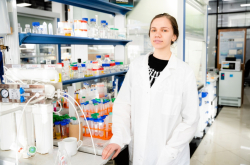At 800 square meters, the coworking space can welcome 300 young researchers at a time. It features a lecture hall, a computer room, the actual coworking space, and several labs. First, there’s a cube-shaped lab equipped with everything for growing cell cultures in sterile conditions, including a robot lab assistant. Second comes a farm for experiments with live plants, and third – an area with an optical table for ultraprecise measurements.
Among the first to run their experiments at the lab will be the students of Academy of Talents, an educational project for talented children implemented with support of St. Petersburg’s Committee for Education. However, the coworking space is open for collaboration with all schools in St. Petersburg. Before they start working with actual equipment, each student will try conducting their experiments in VR. They will also learn to work with scientific information at the online laboratory Chemical Search Engine.
“Every year, we witness the emergence of new technologies – take the example of IT and AI. In order to ensure that our specialists can adapt to these scientific and technological changes, we need to equip them with solid fundamental knowledge, and this kind of training has to start already at school. This is especially important for infochemistry, a frontier field at the intersection of chemistry, biology, programming, and math. The more opportunities school students have to engage in real-life research, the more proof we’ll have that age is no limit for scientific prowess,” concludes Vladimir Vasilyev, the Rector of ITMO University.
ITMO Master’s and PhD students will work as mentors and supervisors at the coworking. Apart from guiding school students in their experiments, they will explain the structure of scientific articles and teach their mentees to write their own. The coworking space will also become a platform for lectures, seminars, workshops, and other educational events by ITMO faculty and invited lecturers.
ITMO’s Infochemistry Scientific Center is home for research at the intersection of chemistry, biology, physics, and IT; among its seven research groups are those studying new solutions for materials science, artificial cells, as well as regenerative medicine with applied AI, machine learning, and robotics.
